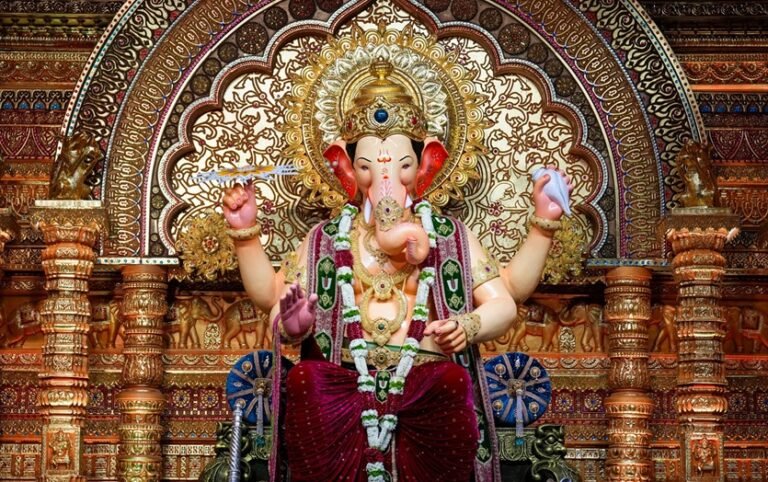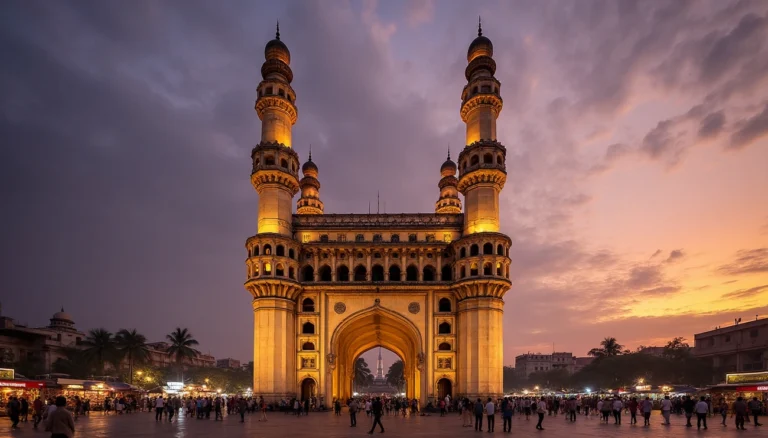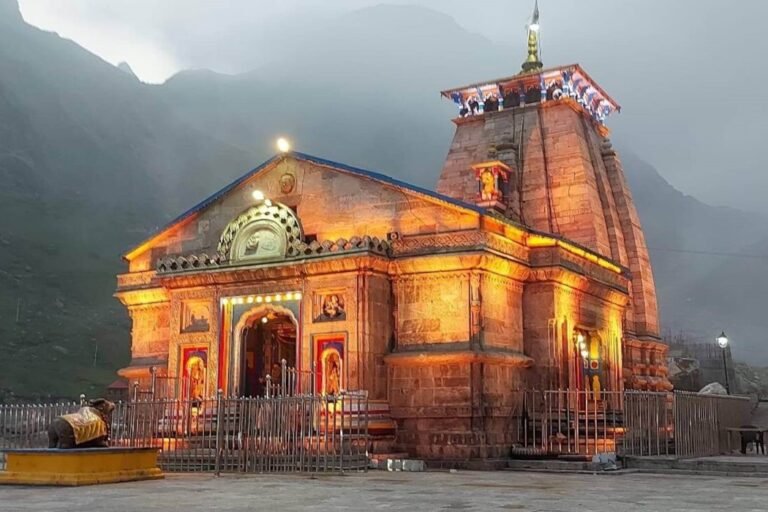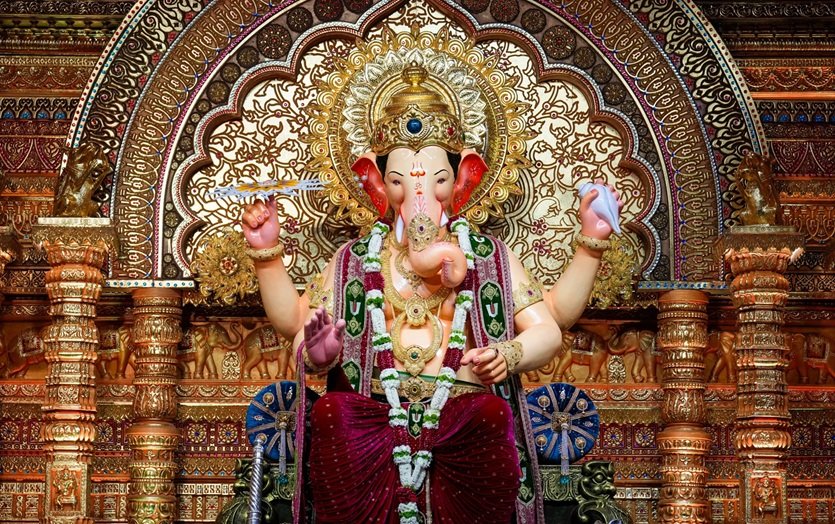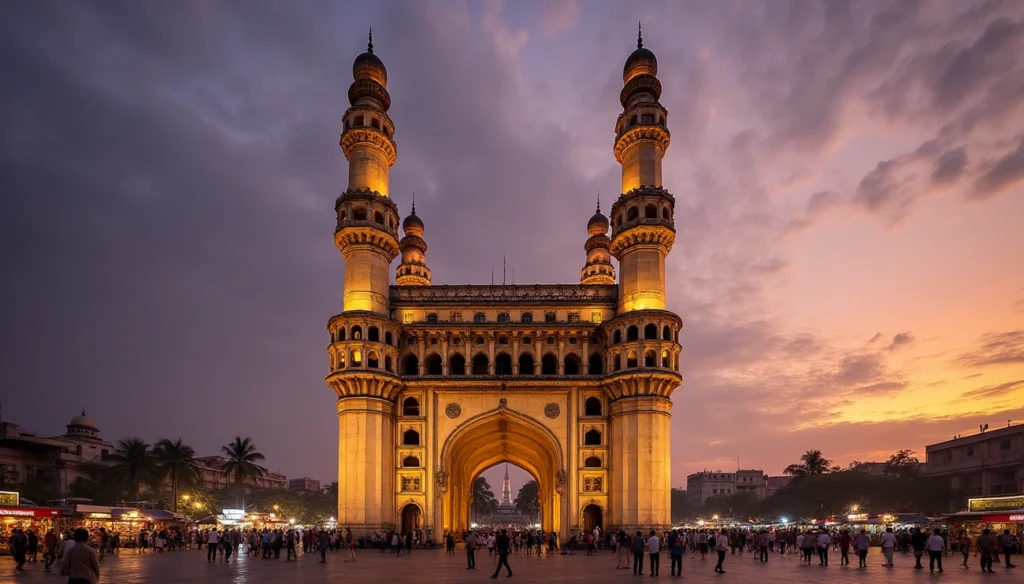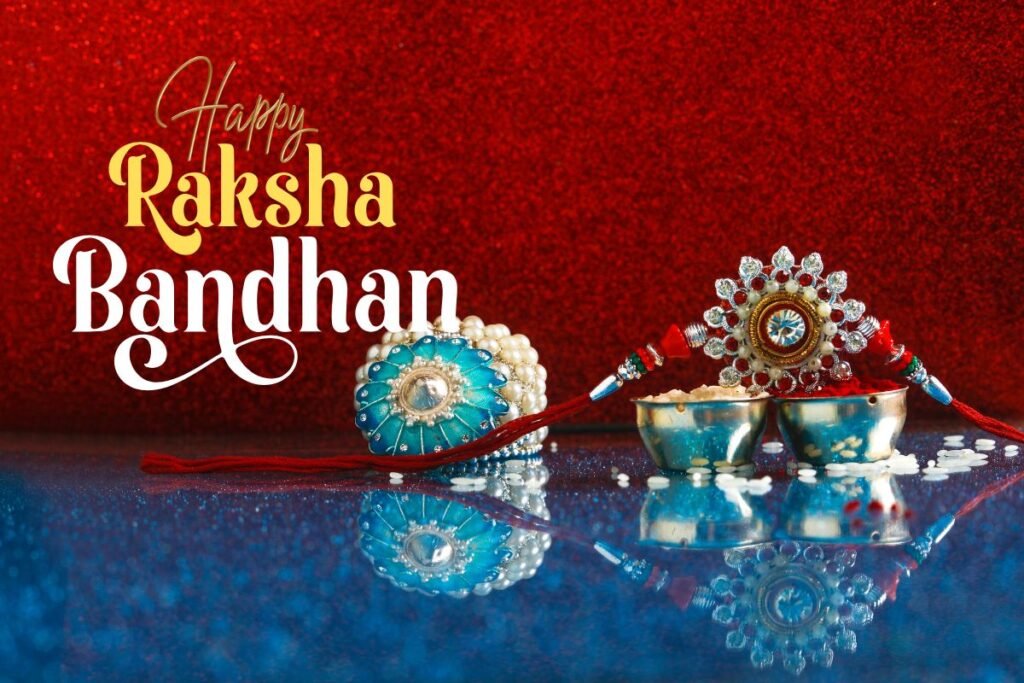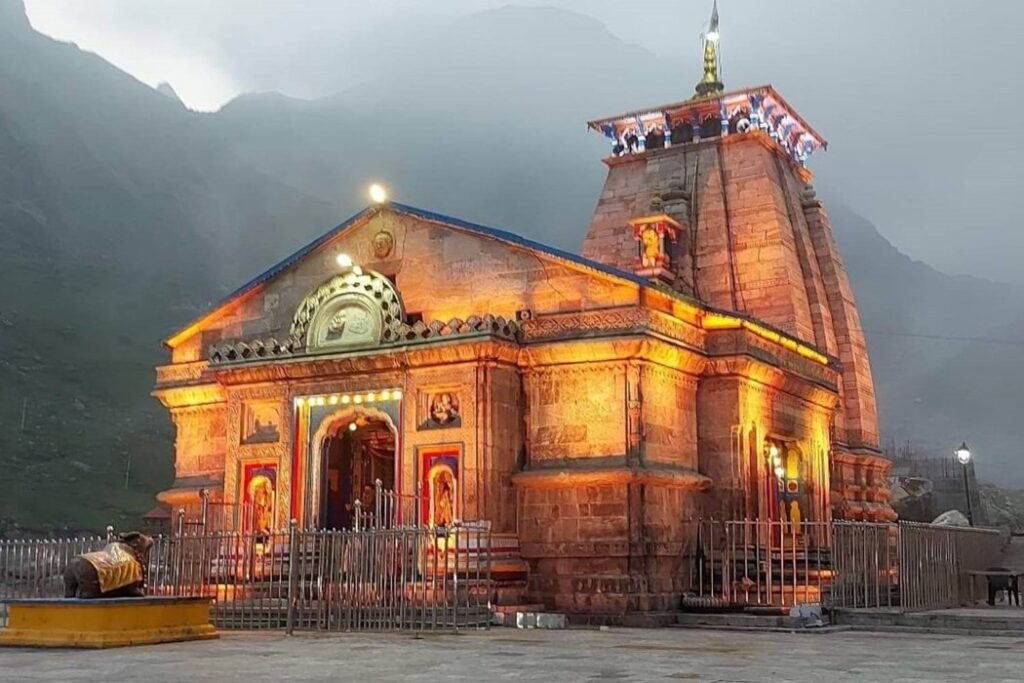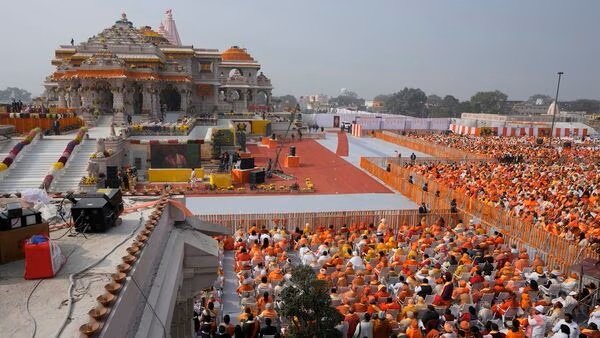The Taj Mahal, one of the Seven Wonders of the World, is a breathtaking monument that attracts millions of visitors every year. However, to truly appreciate its beauty and avoid discomfort, choosing the best time to visit Taj Mahal is crucial. This guide will help you determine the ideal season, weather conditions, and travel tips to make your visit unforgettable.
Why Timing Matters When Visiting the Taj Mahal
The Taj Mahal’s appearance changes with the seasons—its white marble reflects different hues depending on sunlight, weather, and time of day. Additionally, extreme temperatures and large crowds can impact your experience. By visiting at the best time to visit Taj Mahal, you’ll enjoy:
✅ Pleasant weather (avoiding extreme heat or cold)
✅ Smaller crowds (fewer tourists means better photos)
✅ Optimal lighting (perfect for photography)
✅ Longer visiting hours (sunrise and sunset views)


Best Time to Visit Taj Mahal: Month-by-Month Breakdown
1. October to March – The Ideal Season (Winter & Early Spring)
Why it’s the best time to visit Taj Mahal:
- Weather: Cool and pleasant (15°C to 25°C / 59°F to 77°F)
- Tourist Crowds: Moderate (peak in December & January)
- Special Experience: Misty mornings enhance the monument’s beauty
Best Months:
- October & November: Post-monsoon freshness, clear skies.
- December to February: Coolest months, but crowded due to holidays.
- March: Warm days, fewer tourists than peak winter.
Pro Tip:
- Visit at sunrise (6 AM) for the most magical view with golden hues.
- Avoid Fridays (closed for prayers).
2. April to June – Summer (Hot but Fewer Crowds)
Why visit in summer?
- Fewer tourists (ideal if you dislike crowds)
- Early mornings & late evenings are still bearable
Challenges:
- Extreme heat (up to 45°C / 113°F in May & June)
- Harsh sunlight (not ideal for photography at noon)
Best Way to Visit:
- Arrive at opening time (6 AM) before temperatures rise.
- Stay hydrated and wear sunscreen.
3. July to September – Monsoon (Lush Greenery but Humid)
Why visit in monsoon?
- Lush surroundings (Yamuna River is full, gardens are vibrant)
- Fewer tourists (low season)
Challenges:
- High humidity (can be uncomfortable)
- Occasional rain (may disrupt photography)
Best Way to Visit:
- Check the weather forecast before planning.
- Carry an umbrella and wear breathable clothing.

Best Time of Day to Visit the Taj Mahal
Even within the best time to visit Taj Mahal, the time of day affects your experience:
1. Sunrise(6 AM – 7:30 AM)
- Golden lighting (perfect for photography)
- Cool temperatures
- Fewer crowds
2. Late Afternoon (3 PM – Sunset)
- Soft sunlight (great for pictures)
- Sunset views (marble glows pinkish)
3. Full Moon Nights(Limited Dates)
- Magical night view (open 5 days/month)
- Special tickets required (book in advance)
Avoid Midday (11 AM – 3 PM):
- Harsh sunlight (washes out photos)
- Peak heat (uncomfortable for long visits)
Worst Time to Visit Taj Mahal
- Peak Summer (May & June) – Extreme heat (above 40°C)
- Heavy Monsoon (July & August) – Rain can limit visibility
- Major Holidays (Christmas, New Year, Eid) – Overcrowded
FAQs: Best Time to Visit Taj Mahal
1. What is the best month to visit the Taj Mahal?
2. Can I visit the Taj Mahal at night?
3. How long should I spend at the Taj Mahal?
4. Is the Taj Mahal open every day?
5. What should I wear when visiting?
Final Tips for the Best Taj Mahal Experience
✔ Book tickets online to skip long queues.
✔ Hire a licensed guide for historical insights.
✔ Carry water & sunscreen (especially in summer).
✔ Respect the rules – no tripods, drones, or large bags inside.
Conclusion: Plan Your Visit Wisely
The best time to visit Taj Mahal is October to March, with sunrise visits offering the most magical experience. Avoid extreme summer heat and peak holiday crowds for a more enjoyable trip.
By choosing the right season and time, you’ll witness the Taj Mahal in all its glory—whether bathed in golden sunrise light or glowing under the moonlight.
Ready to visit? Check the latest weather and ticket availability before you go!


